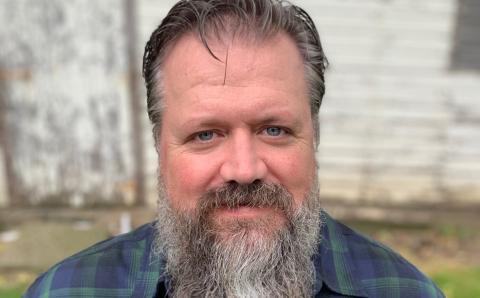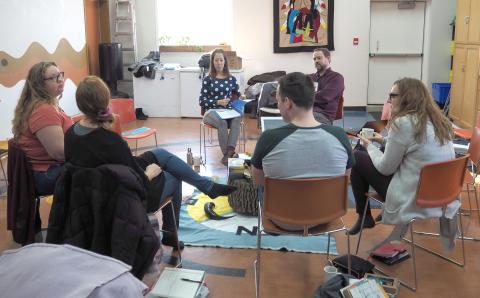I recently watched a movie called The Biggest Little Farm. It’s a documentary about a couple who move to a barren, dry, unsuccessful 200-acre farm north of Los Angeles, Calif.
The movie takes you through their first five years of farming. Their No. 1 goal is to be 100% natural—no pesticides. They have no clue how to be farmers, so they enlist the help of a natural farming expert to help them regenerate the land. This expert urges the couple to build biodiversity. They enrich the soil. They harvest the power of compost and manure. They buy chickens, ducks, a pregnant pig, a bull, cows, and sheep, and they plant many different crops. But then their farming expert dies. And then the pests come: coyotes, gophers, snails, birds, aphids.
The farm struggles. The couple wants to give up. They get overwhelmed with the problems. They have no idea what to do. They make mistakes. But then they start using the farm’s biodiversity to solve its pest problems. They discover that if they move the ducks to the orchard, they eat the snails on the fruit trees, and their manure fertilises the orchard. They build a habitat for owls and hawks, who eat or chase away the birds eating the fruit crops. They build a strong chicken coop so the coyotes eat the gophers instead of the chickens. All this is accomplished without pesticides or otherwise killing pests themselves.
Why is this movie relevant? First, it is a lovely reminder that God creates whole ecosystems based on diversity. Our church is one ecosystem. While there might be many similarities between us, we might not always know what to do with our differences. Sometimes we might feel lonely, disconnected, misunderstood. We might catch ourselves trying hard to fit in. We might fall prey to the lie that if we want to be loved and belong, we need to all be the same. But the weird thing is that the sense of belonging and love sometimes comes more quickly and is felt more deeply when we are welcomed to be our unique selves.
Second, the couple struggles, wanting to take control over some of the pests. There are times when they don't trust the process. At one point they kill a coyote to solve a problem. But ultimately their farm shows them that the best solutions come from using the farm’s resources. They are constantly humbled by this. In the same way, I need to acknowledge God's rightful place in my life. If we yield to God, seeking out God's face in our daily lives for the choices we make, trusting in God’s Word, trusting God’s knowledge and provision for our life, we live as God intended: we flourish. It's not easy, but it's much better.
About the Author
Elisa Rink (nee Cook) is a social worker serving cancer patients and their families. She attends Clearview Christian Reformed Church in Oakville, Ontario, with her husband, Gary, and their two daughters. She’s yearning for the start of planting season.






